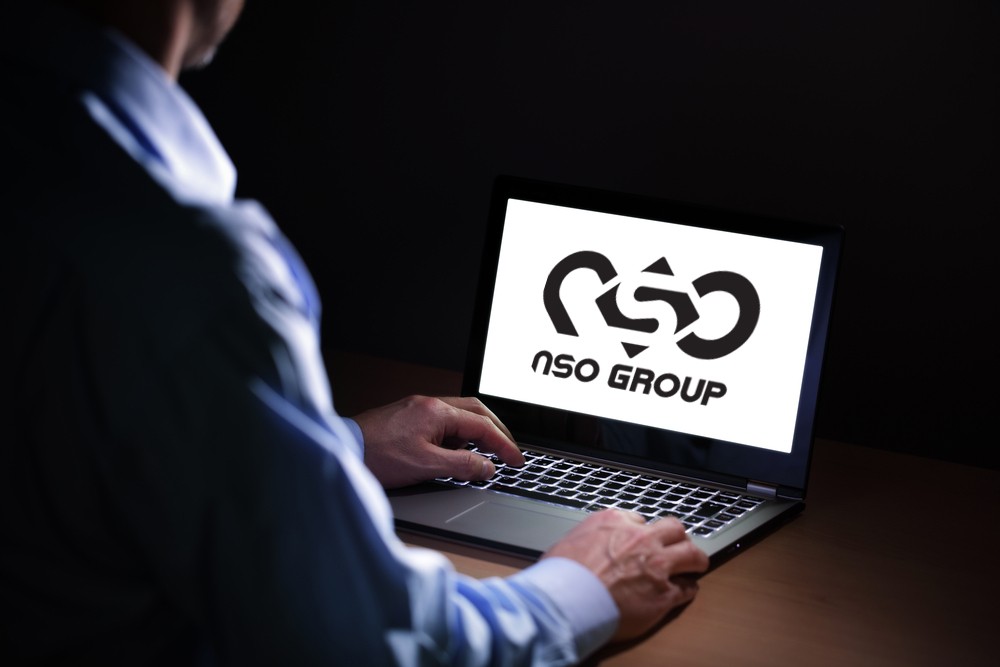Getting your Trinity Audio player ready...
Tel Aviv District Court on Sunday dismissed Amnesty International's legal bid to stop NSO Group from exporting surveillance software, saying the rights organization did not prove the company's technology had been used to spy on its members.
Amnesty alleged that governments around the world have used the Israeli company's cellphone hacking software, Pegasus, to crack down on activists, and petitioned to get NSO's export licence revoked.
The judge, however, found they did not present evidence to back up the claim that there had been an attempt to spy by hacking a human rights activist's phone, nor that such an attempt had been carried out by NSO, according to a court document.
The judge also ruled that the Defense Ministry has enough safeguards in place to protect human rights in its export licensing process.
Amnesty's Israel branch said a "mountain of evidence was ignored" and called the court "a rubber stamp to the Defence Ministry's impunity to human rights violations".
A study by University of Toronto's Citizen Lab has linked NSO's technology to political surveillance in Mexico, the United Arab Emirates and Saudi Arabia. Targets of the alleged hacking spree included diplomats, political dissidents, journalists and senior government officials.
NSO, whose customers include law enforcement and governments around the world, has denied the allegations. After the court decision it said it will "continue to supply technology to countries and intelligence agencies that is meant to save lives."


